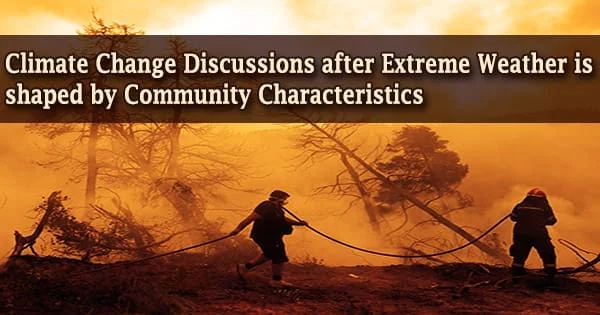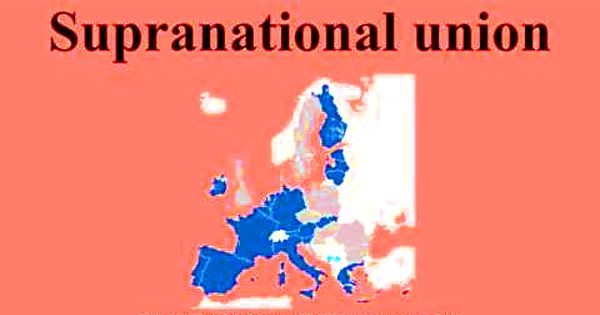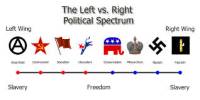According to a paper published today (December 9, 2019) in Nature Climate Change, political affiliations, the existence of local environmental groups, and past local media coverage of climate change all have a role in how a community reacts to extreme weather events.
Local reactions to extreme weather events are influenced by a variety of factors, including the event itself, as well as political leanings and resources within the community prior to the occurrence.
Hilary Boudet
“Extreme weather events such as a catastrophic wildfire, a 500-year flood, or a record-breaking heatwave may result in some local discussion and action around climate change, but not as much as might be expected and not in every community,” said Hilary Boudet, the paper’s lead author and an associate professor of public policy in Oregon State University’s School of Public Policy in the College of Liberal Arts.
“Local reactions to extreme weather events are influenced by a variety of factors, including the event itself, as well as political leanings and resources within the community prior to the occurrence.”
Communities are groupings of individuals who share a specialty, job, passion, interest, worry, or collection of difficulties in relation to a given subject. Members of the community get a greater grasp of the topic by engaging on a regular basis, asking and answering questions, exchanging information, repurposing excellent ideas, helping one another solve difficulties, and establishing new and better methods of doing things.
Boudet’s research is part of a growing corpus of work looking at the linkages between personal experience with extreme weather and societal mobilization in the face of climate change. The research was conducted as part of a larger experiment studying community reactions to extreme weather in the United States. The researchers wanted to learn more about how extreme weather events might affect local climate change views and actions.
The ability of a society to manage resources is influenced by its social cohesiveness and desire to identify and achieve common goals. This isn’t to say that the community has to be completely homogeneous (although this often helps). Many groups of individuals of the same ethnicity, religion, family history, and other characteristics are strongly divided.
On the other hand, there are numerous diverse communities made up of people from various backgrounds who are able to work together despite their differences to achieve common goals. The main question is whether the community can set common goals, devise methods to achieve those goals, and then work together to implement the recommended approach.
Between 2012 and 2015, researchers conducted 164 interviews with local people and community leaders in 15 areas throughout the US that had suffered catastrophic weather events that resulted in at least four deaths. They also looked at media coverage to see what type of public debates, initiatives, and policies there were in various towns on climate change.
In the aftermath of the tragedy, nine of the 15 villages exhibited indications of public discussion concerning the event’s relation to climate change.
“Although many of the extreme events we studied spurred significant emergency response from volunteers and donations for rescue and recovery efforts, we found these events sparked little mobilization around climate change,” Boudet said.
“However, there was a clear distinction between situations where community climate change debate took place and cases where it did not, allowing us to follow the paths that led to that discussion.”
Discussion about the relationship was more likely to occur when there was some scientific certainty that the weather occurrence was related to climate change, especially in Democratic-leaning towns or communities with highly educated individuals, according to Boudet.
Even in places where climate change was brought up in the context of a weather event, it was typically a side concern. Other, more pressing issues, such as disaster response management and economic recovery, sparked significantly more debate and action.
According to Boudet, several of individuals interviewed stated that bringing up climate change during catastrophe recovery efforts may be perceived as using a tragedy to achieve a political goal.
“Recent shifts in U.S. opinions on climate change suggest that it may become a more acceptable topic of conversation following an extreme weather event,” Boudet said. “Yet our results indicate that it may take time for such discussions to take place, particularly in Republican-leaning communities.”
While the study refutes the idea that a single extreme weather event will result in quick local social mobilization in response to climate change, the researchers discovered that communities may still make significant adjustments after an event to ensure more successful responses in the future.
Boudet and her colleagues are presently researching post-event policy action to see how it links to local climate change discussions.
















